The environmental movement has a voter turnout problem: 8 million environmental voters did not vote in the 2020 election. Eight MILLION! In a presidential election decided by thousands of votes. This 2024 election is similarly (stressfully!) close. So what can we, climate voters, do?

On September 20th, at Bowdoin College (where I teach), I sat down with Whit Jones, founder and executive director of Lead Locally, and Nathaniel Stinnett, founder and executive director of Environmental Voter Project for a conversation on climate and voting. We got into it, got nerdy and specific, about: fixing this MASSIVE voter turnout problem, how climate voters can influence policy, election wins we should celebrate, and why local elections matter very, very much.
It would be reckless to be on a book tour in September/October 2024 and not use every event to encourage people to #VoteClimate. So I’m taking Environmental Voter Project and Lead Locally on tour with me, at each stop registering volunteers to help with their worthy efforts. 30 days to go… join us!
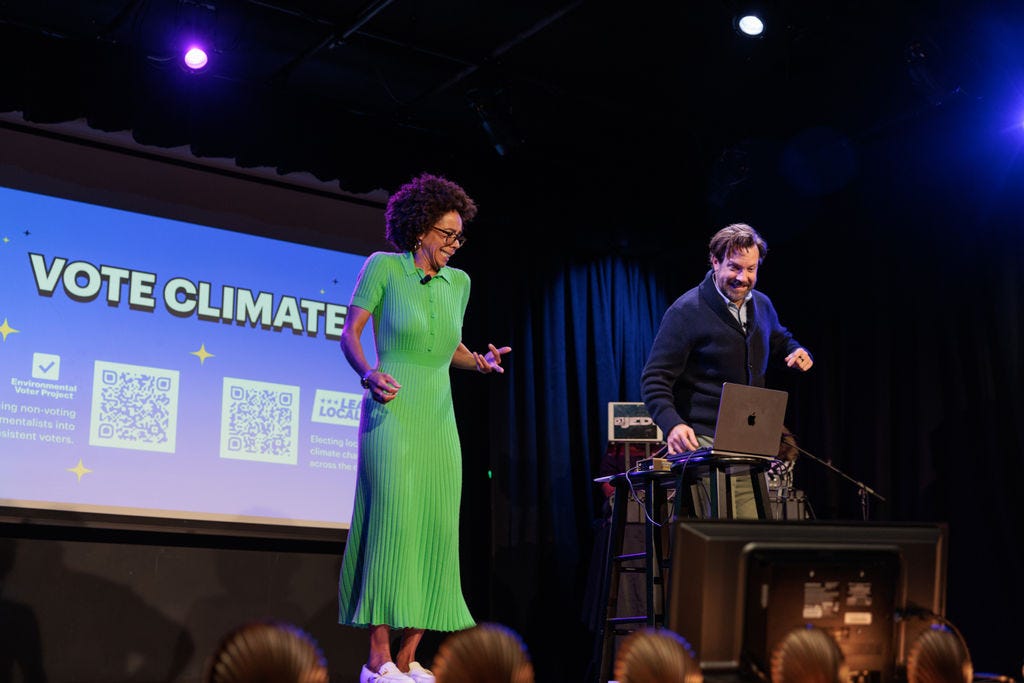
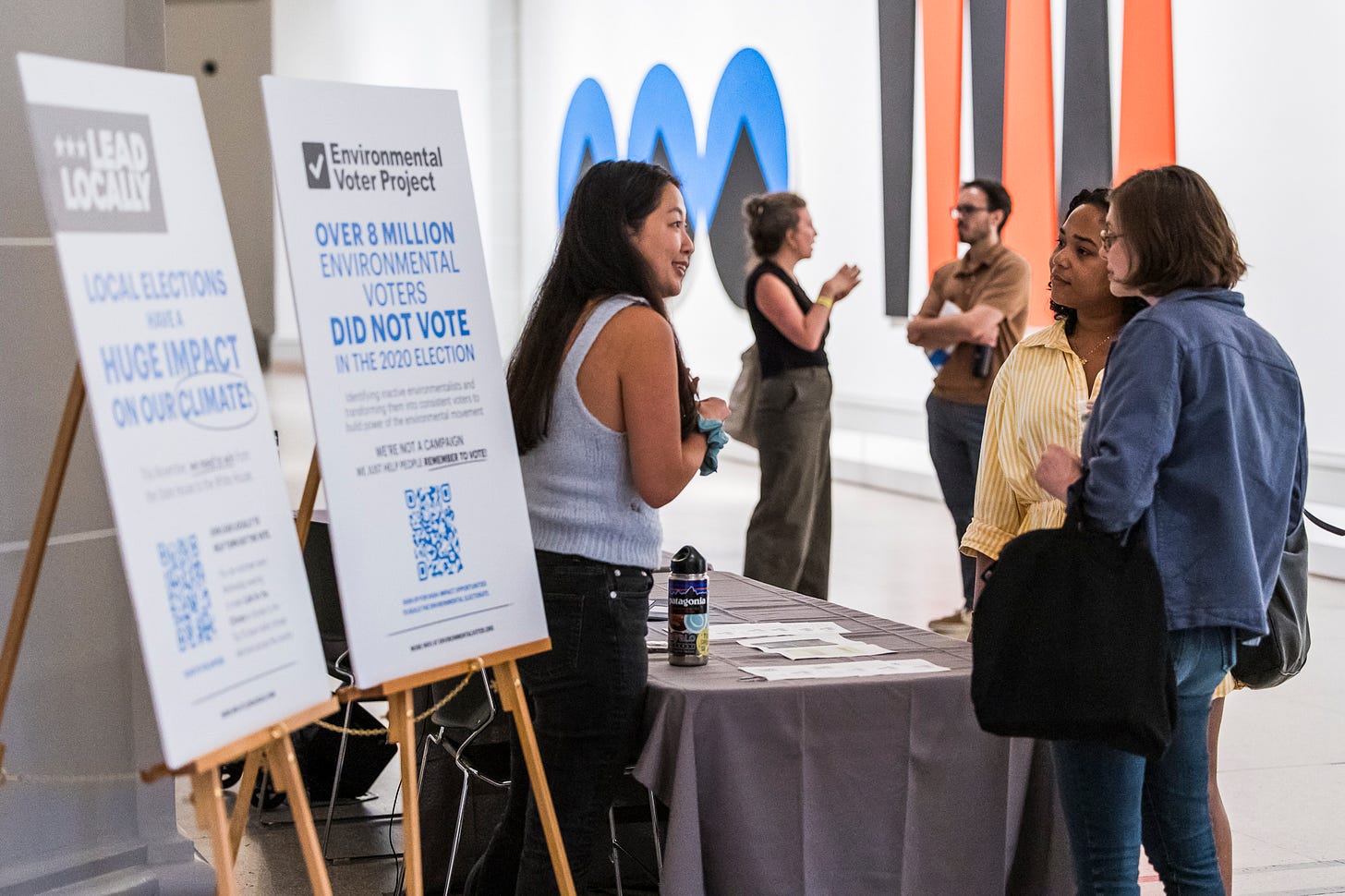
CREDITS: This episode was produced by Nora Saks and me, Ayana, with support from Jenisha Shrestha. Special thanks to Bowdoin College for hosting and producing this event.








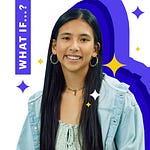
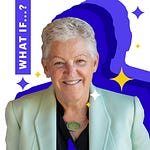
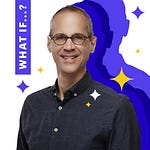


Share this post